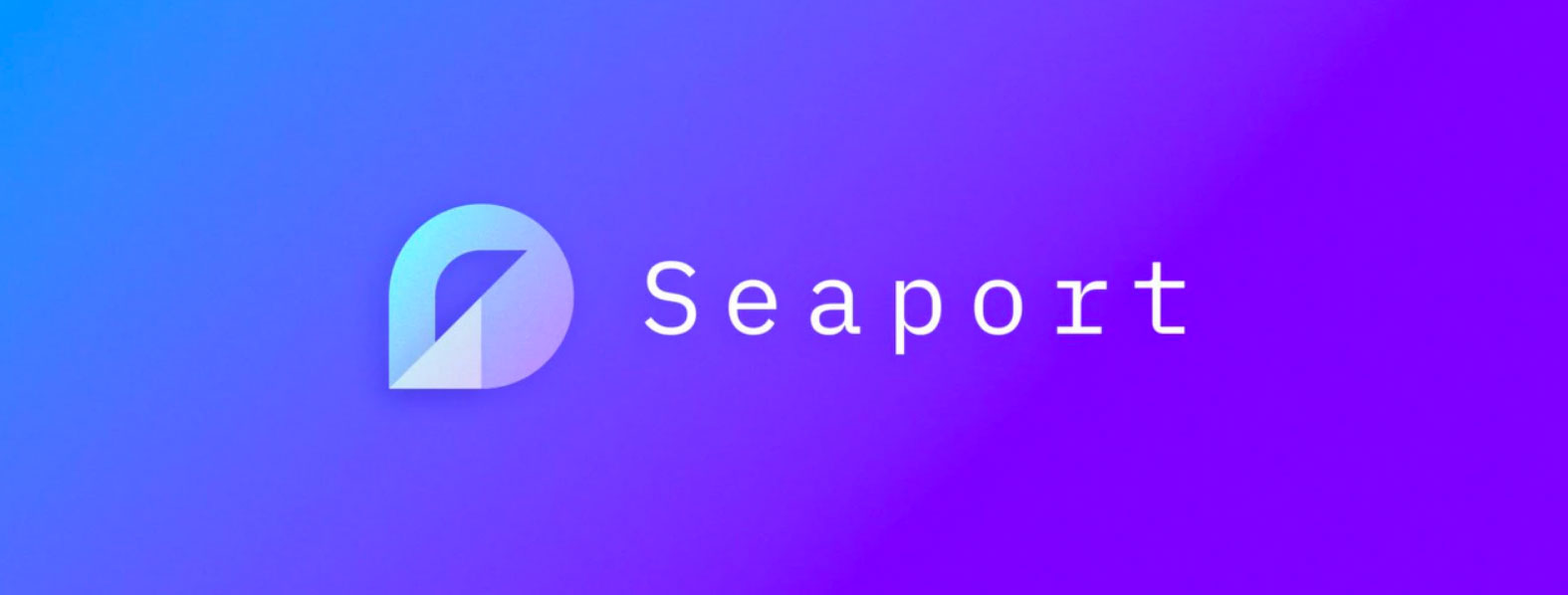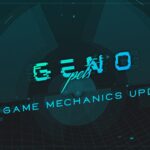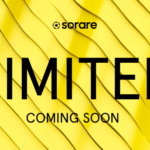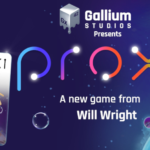On May 20, OpenSea announced version one of the Seaport protocol. Seaport is a new set of Web3 NFT marketplace standards for buying and selling non-fungible tokens. Among other exciting things, Seaport will allow NFT collectors to barter their NFTs with other NFTs from a collection they like. The protocol is also open-source and decentralized. As a result, developers outside of OpenSea can use Seaport to build new killer features for NFT marketplaces.
Seaport Allows NFT Bartering and Bundling
In a recent blog post, OpenSea presented how Seaport would work. Currently, most NFT marketplaces only allow you to buy an NFT(non-fungible token) by paying crypto such as ETH. Seaport takes a more flexible approach by allowing NFT bartering.
OpenSea explains that a user “can agree to supply a number of ETH / ERC20 / ERC721 / ERC1155 items” in exchange for an NFT.
That means you will be able to bundle some of your ETH and NFTs to buy a new NFT that you really like.
For example, you’ve been meaning to gift yourself an Azuki and some CryptoKitties. Also, let’s say you have a MAYC (Mutant Ape Yacht Club) NFT.
Seaport Protocol Also Enables Trait-Level Offers
Aside from letting you specify that it has to be from your favorite NFT collection, you can also say the NFT has to have particular traits.
For instance, you want an Azuki with a Golden Umbrella. Currently, at OpenSea, only 0.13% of the Azukis listed have this trait. With the Seaport protocol, you can specify that such types of Azukis would be the only “offer” items you would accept.
The New OpenSea Protocol Supports Tipping
Seaport will also support “tipping.” If you list one of your Pixelmon NFTs, you may also include additional “consideration” items when you fulfill your listing.
These additional items are the “tips” you would give to the person you’re exchanging NFTs with. The only condition, for now, is that you can’t “tip” more than the original offer.
Seaport is Open, Decentralized, Efficient, and Safe
OpenSea clearly says that it doesn’t control or operate the Seaport protocol. The leading NFT marketplace has created Seaport’s first iteration, yes. But, Seaport is open for every other developer and creator to build on and improve.
Interestingly, OpenSea brands Seaport as the “web3 marketplace protocol for safely and efficiently buying and selling NFTs.”
This first version not only gives NFT collectors flexibility. It also allows for more efficient exchanges of NFTs. Seaport will shake off any redundant asset transfers, which may consume gas fees. It will give you the option to fulfill any number of listings at once.
Now, how about the “safely” part? In that case, OpenSea calls for all builders and creators to be “responsible for keeping each other safe.”
In fact, from May 20 to June 3, 2022, 19:59 UTC, OpenSea is running a two-week audit contest with code4rena.
OpenSea offers a whopping $1 million (USDC) prize pool. If you’re a smart contract developer, you’re invited to join. You can take a look at Seaport, test it, and review any areas where its security might be weak and prone to attacks.
What is OpenSea?
OpenSea is currently the most widely used NFT marketplace. As of this writing, it has already processed more than $29B worth of transactions with over 1.7M traders.
The competition with several new rising Web3 marketplaces might have ignited OpenSea to find ways to keep its user base. Instead of just chilling in its top spot, it went on to commit to giving its users a pro experience.
In March 2022, OpenSea added support for Solana NFTs. By April, OpenSea has acquired the NFT aggregator company Gem. Gem allows users to buy NFTs from several NFT marketplaces in a single transaction. It also lets you buy using any ERC20 token and not just Ethereum.
It looks like the Seaport protocol is OpenSea’s move to challenge all other NFT marketplace builders. Although the concept of a decentralized exchange is not so new, as Uniswap did it for crypto and DeFi, Seaport is making it happen with NFTs. Decentralization, being the ethos of blockchain and crypto, will become native to OpenSea through Seaport.





